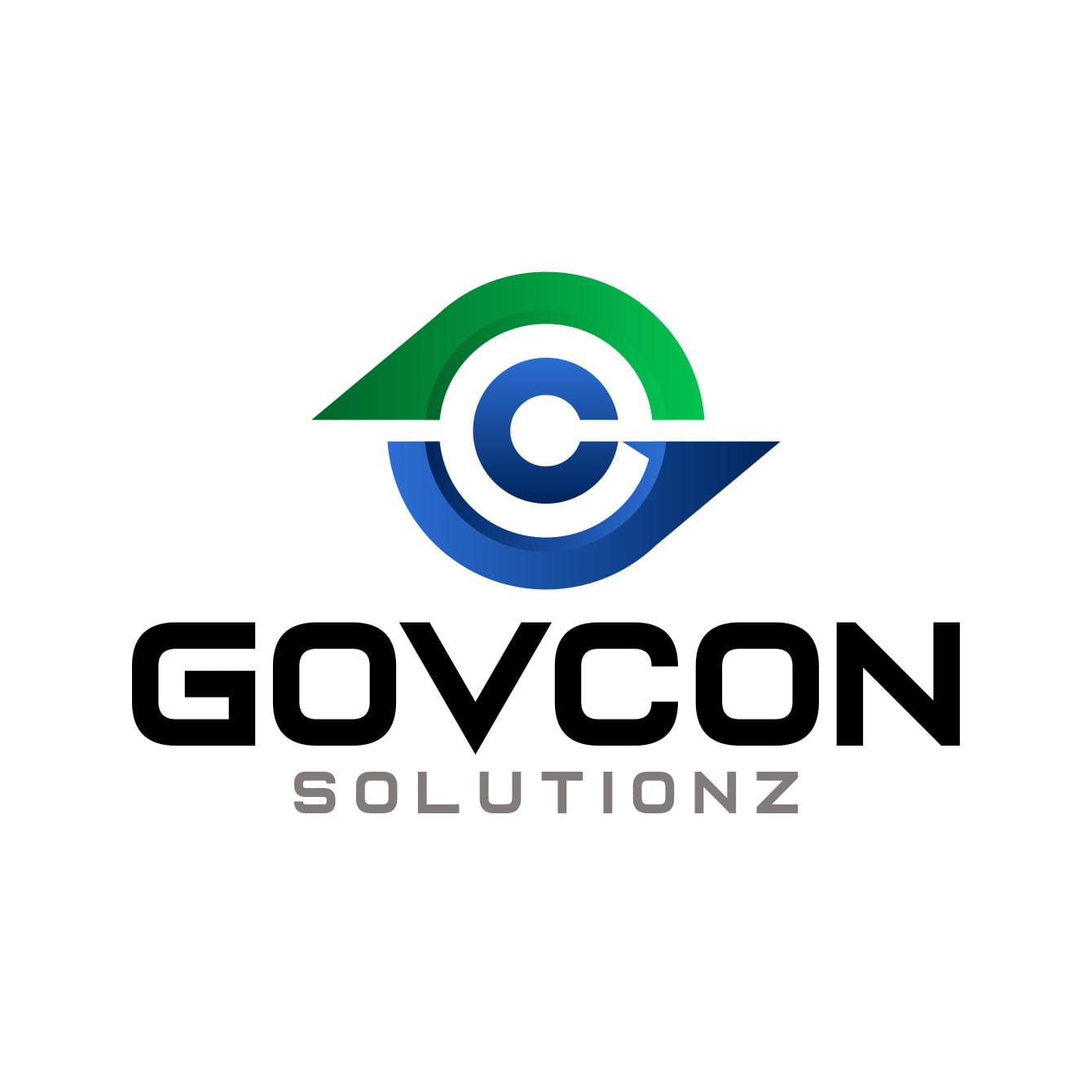Teaming/Partnerships
Finding good quality strategic teaming partners consist of:
Doing market research to find the primes
Proving value to Primes/partners other than socio economic certifications
Coming up with strategic teaming agreements (*Consult with Government Contracting Attorney)
Build the relationships long before an opportunity
Diligent phone calls and emails and or meetings that shows your company’s value
Bringing opportunities to the table for the Primes
Going to industry days
Consult with OSDBU for referrals on who you should try to prime with
Strategically diversify your primes that have different socio-economic certifications.
When two or more companies collaborate on a bid for a government contract. This strategy allows companies to combine their strengths, expertise, and resources to improve their chances of winning contracts, particularly when a single company may not have the full set of qualifications or capabilities required by the government. Teaming can help companies fulfill complex or large-scale government needs, meet set-aside requirements (such as those for small or disadvantaged businesses), and share the risk involved in executing federal contracts.
Benefits of Teaming with Companies
Makes your company more competitive.
You don’t necessarily have to write the proposals
You learn how to do business with the agency
Builds pass performance/relationship with the agency
You can go after more opportunities and do bigger jobs that you wouldn’t be capable of doing with just your company.
You can strategically target more opportunities with limited resources.
You can leverage the Primes back office, employees, contract vehicles, certifications, and reputation.
Your partners can bring you opportunities that you didn’t have to bid on
You can add more possible opportunities to your pipeline.
The federal market is as much about relationships as it is about technical expertise. Relationship-building helps contractors better position themselves to win contracts, navigate the complexities of the market, and foster long-term success.
Understanding Client Needs
Government agencies have specific and often complex requirements. By building strong relationships, contractors can better understand these needs, which allows them to tailor their proposals and solutions more effectively. Knowing the nuances of the agency’s mission, goals, and challenges gives contractors a competitive edge.
Trust and Credibility
Government contracting is a highly regulated and scrutinized environment. Building long-term relationships fosters trust and credibility with government officials. Agencies are more likely to award contracts to contractors they trust to deliver on time and within budget. Trust can also lead to a stronger preference for renewing contracts or sole-source awards.
Networking and Business Development
Relationships in the federal market often lead to referrals and networking opportunities. Partnerships with other contractors, subcontractors, and consultants are common, and a good network can lead to joint ventures or teaming agreements, expanding business opportunities. Networking with key decision-makers, such as contracting officers and program managers, can help contractors position themselves as the go-to provider.
Improved Communication
Effective relationships help streamline communication with government agencies, which can be especially important during contract execution. It makes it easier to manage contract changes, resolve issues quickly, and maintain transparency, all of which are vital for the success of a contract.
Market Intelligence and Early Awareness
Through strong relationships, contractors often gain insights into upcoming procurement opportunities before they are publicly announced. This early awareness can give a contractor more time to prepare a winning proposal and influence the development of the acquisition strategy.
Long-term Success
Repeat business is common in government contracting. A solid relationship can lead to ongoing work with the same agency or recommendations for work in other parts of the federal government. Building a good track record with a particular agency often results in continued business over time.
Cultural Alignment
Government agencies each have their own culture and decision-making processes. Relationships help contractors align better with the agency’s culture, making it easier to collaborate and succeed in long-term contracts.
In summary, the federal market is as much about relationships as it is about technical expertise. Relationship-building helps contractors better position themselves to win contracts, navigate the complexities of the market, and foster long-term success.

